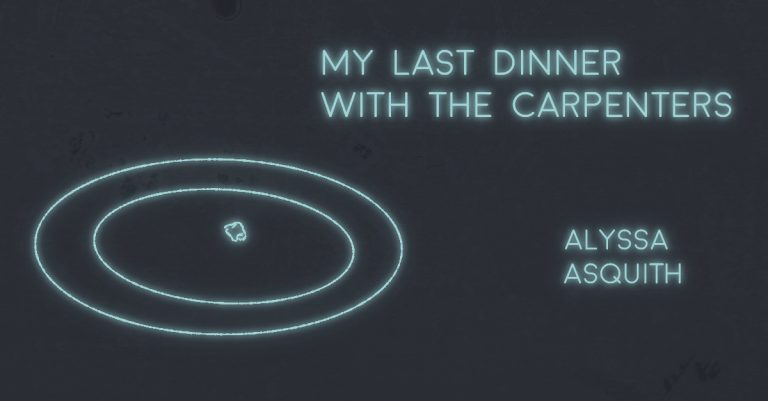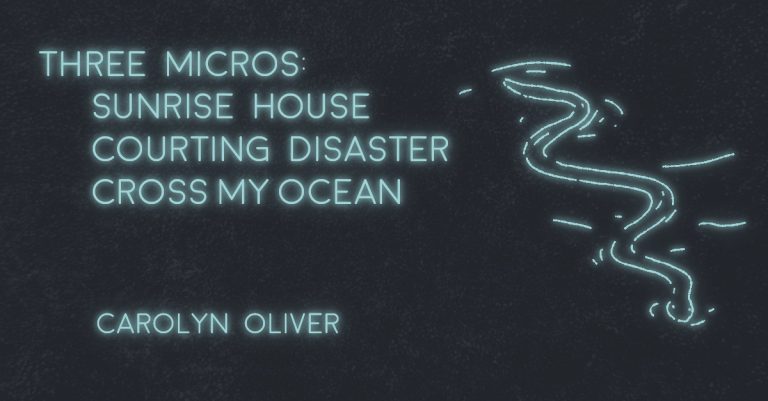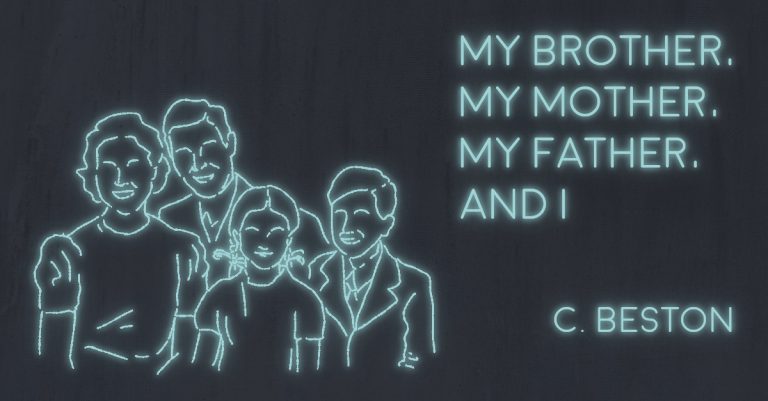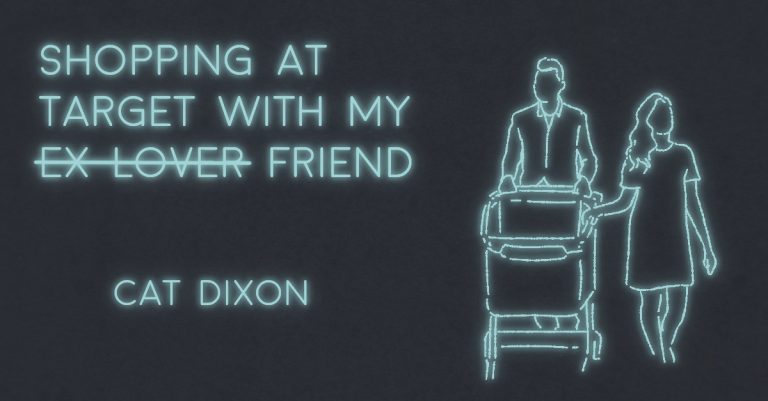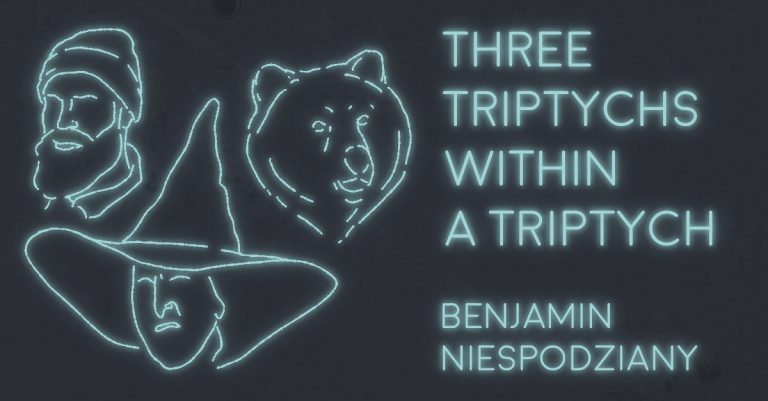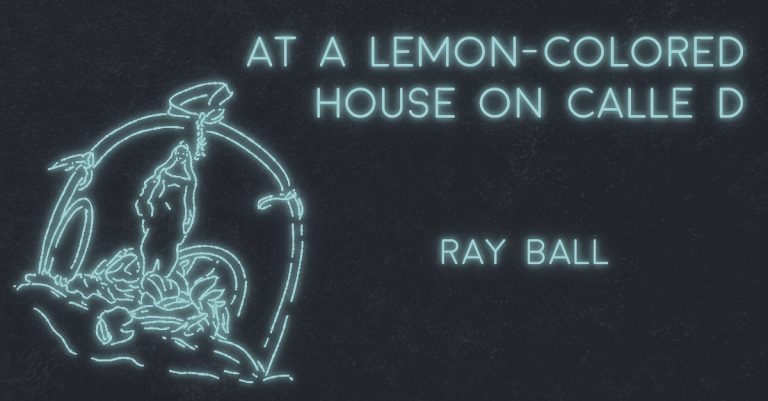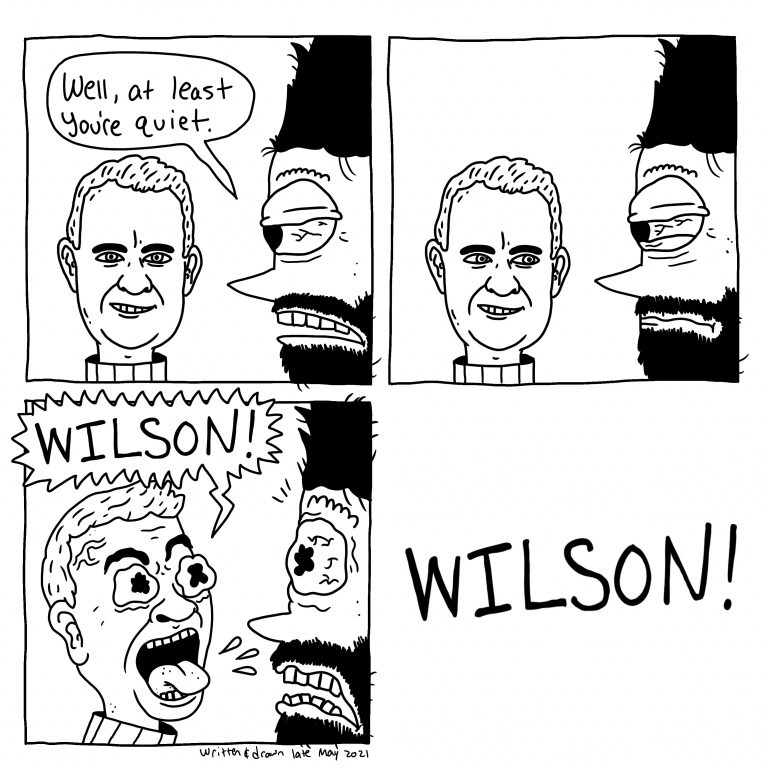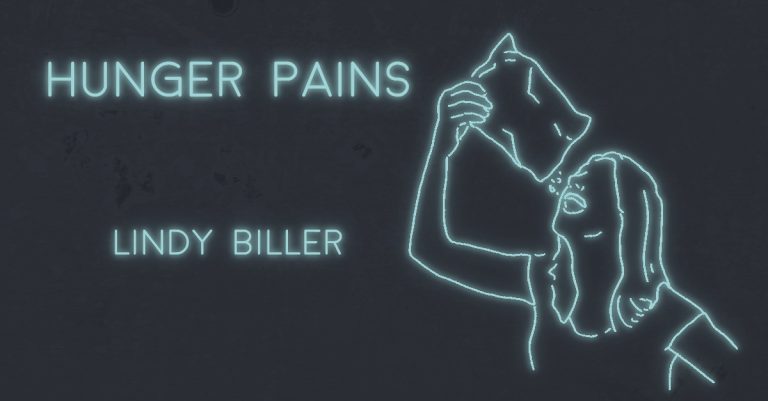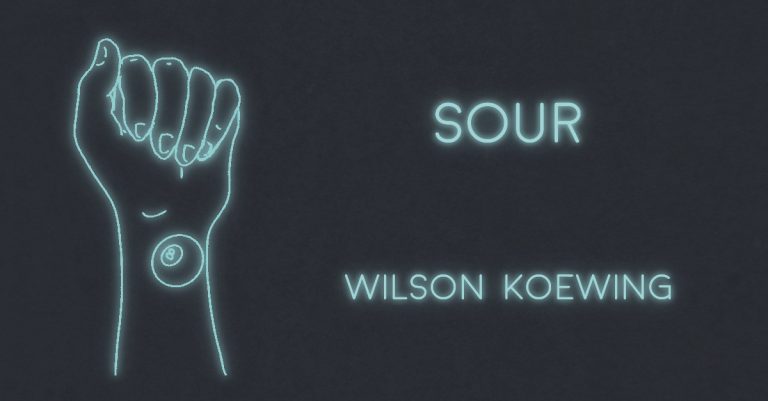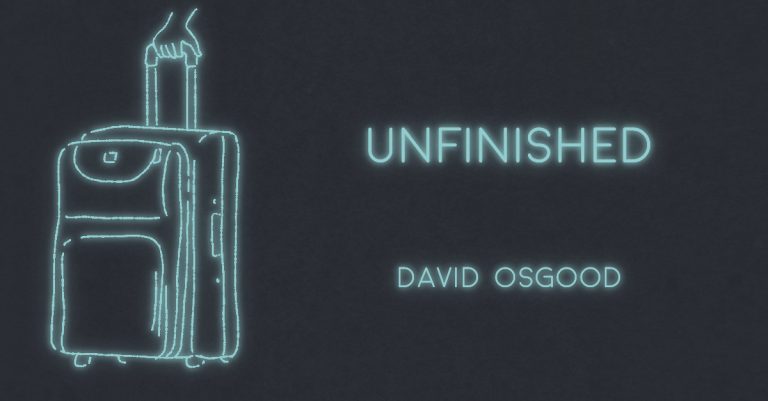
UNFINISHED by David Osgood
My wife brushes her teeth in the shower and doesn’t spit, so the toothpaste foams around her mouth and drips down her chin onto her breasts. It reminds me of the two people I fear the most: my mother and my dentist. Tonya oversleeps again. She is starting to look like her mother. I burn my wife’s sprouted grains toast because I hate her new Vegan diet. She doesn’t notice because it is covered with half-ripe avocado. I crisp up a whole package of uncured maple bacon to give her something to complain about. Tonya yells at her mom like

